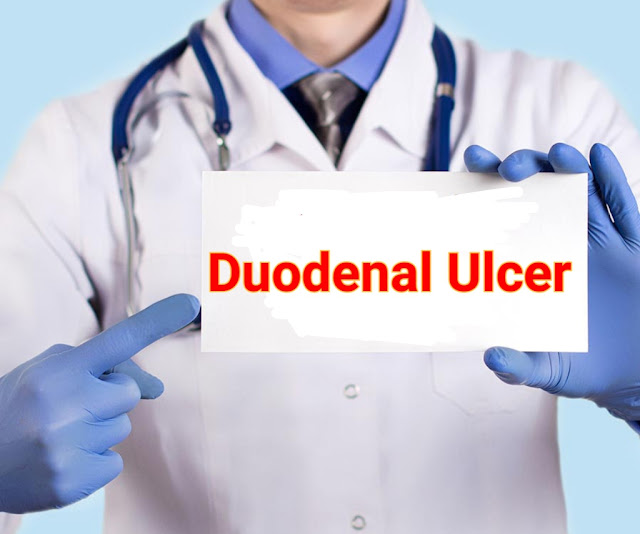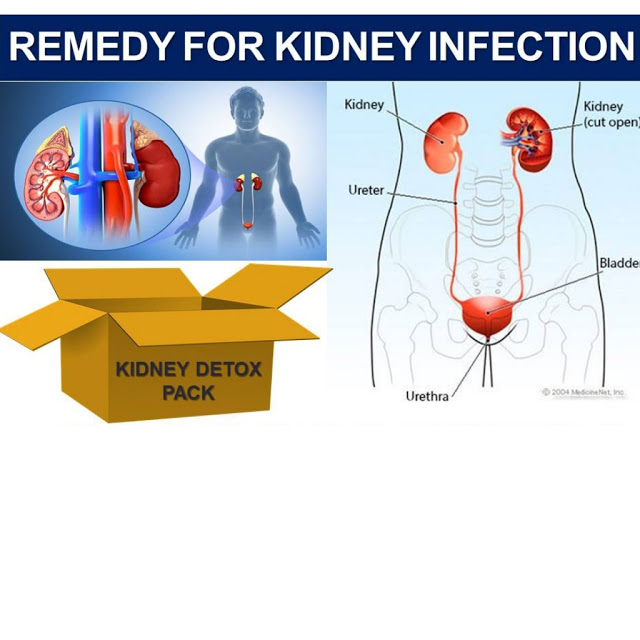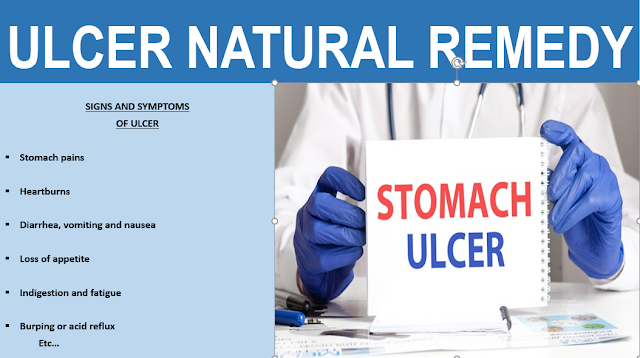DUODENAL ULCER NATURAL SOLUTION
DUODENAL ULCER NATURAL REMEDY
CALL 0557717859 OR WHATSAPP 0557717859 TO GET IN CONTACT WITH THE OFFICE TODAY
FOR YOUR DUODENAL ULCER PACK NO MORE DUODENAL ULCER
DUODENAL ULCER & IT'S WORSE SYMPTOMS SOLUTION
BE FREE FROM DUODENAL ULCER NOW!!
NO MORE DUODENAL ULCER
DUODENAL ULCER & IT'S WORSE SYMPTOMS SOLUTION
BE FREE FROM DUODENAL ULCER NOW!!
OVERVIEW OF DUODENAL ULCER
A duodenal ulcer is a sore that forms in the lining of the duodenum. Your duodenum is the first part of your small intestine, the part of your digestive system that food travels through straight after it leaves your stomach.
You can get an ulcer in your stomach as well as in your duodenum. Stomach ulcers and duodenal ulcers are both types of peptic ulcers. If you have either of these, you have what's called 'peptic ulcer disease'.
CAUSES OF DUODENAL ULCER
Your stomach makes a strong acid that kills germs and helps you digest food. To protect themselves against this acid, cells of the stomach and duodenum make a barrier from mucus. If this barrier is damaged, an ulcer can form.
The main cause of this damage is infection with bacteria called Helicobacter pylori, or H. pylori. The bacteria can cause the lining of your duodenum to become inflamed and an ulcer can form.
Some medications can also cause a duodenal ulcer, particularly anti-inflammatory drugs such as ibuprofen and aspirin. Rarely, other medicines or medical conditions might cause an ulcer.
It's possible that you are more likely to get a duodenal ulcer if you smoke, drink a lot of alcohol or you are stressed, but these things are less important than infection with H. pylori.
SYMPTOMS OF DUODENAL ULCER
If you have a duodenal ulcer, you might:
- Have pain in the stomach or abdomen (this might come and go and is relieved by eating or taking an antacid)
- Have indigestion
- Be belching
- Lose your appetite
- Feel very full and bloated after eating
- Feel like you might vomit (nauseous)
- Lose weight unintentionally
Very occasionally, an duodenal ulcer can cause serious complications. Seek for early solution by our natural or organic products if:
- You have a sharp pain in your stomach that doesn't go away
- Your vomit or stools (poo) look bloody or a black color
- RISK FACTORS OF DUODENAL ULCER

A number of factors increase the risk of developing duodenal ulcer. Not all people with risk factors will get duodenal ulcer. Risk factors for duodenal ulcer include:
Alcohol abuse
H pylori infection
History of radiation therapy
Regularly taking nonsteroidal anti-inflammatory drugs (NSAIDs), such as ibuprofen (Advil, Motrin), naproxen (Aleve), or aspirin
Stress or severe illness
Tobacco use
POTENTIAL COMPLICATIONS OF DUODENAL ULCER

You can help minimize your risk of serious complications by following the treatment plan you and your health care professional design specifically for you. Possible complications of duodenal ulcer include:
- Internal hemorrhaging
- Perforated duodenal ulcer, which can lead to bleeding
- Severe discomfort or pain
- Spread of infection
TREATMENT FOR DUODENAL ULCER
If your duodenal ulcer is caused by H pylori, the usual treatment is 'triple therapy'. This involves taking 2 antibiotics to kill the bacteria, and a medicine to reduce the amount of acid made by your stomach.
If you don't have an H. pylori infection, and you have been using anti-inflammatory drugs, you will need to stop taking them (if possible) and to start taking a drug to reduce acid production by your stomach.
Taking antacids, drinking less alcohol, and quitting smoking if you smoke may also help.






Comments
Post a Comment